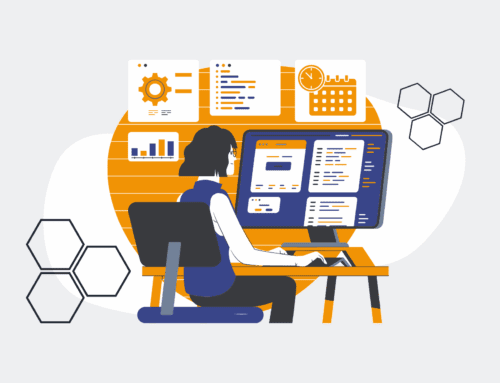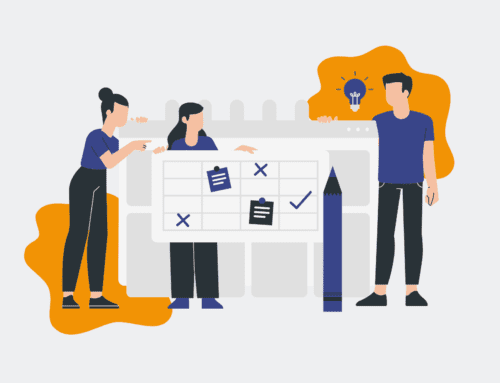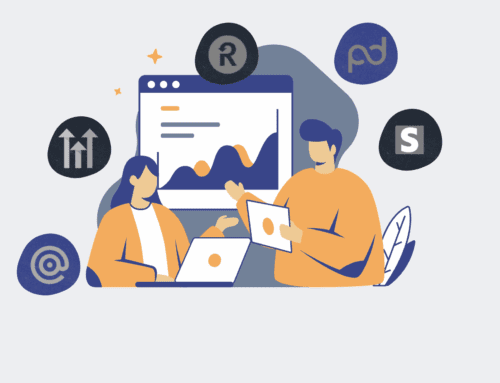Scaling Your Recruitment with AI: Practical Strategies for Growth
The recruitment landscape is evolving at an unprecedented pace, driven by talent shortages, increasing competition, and the relentless demand for efficiency. For growth-oriented businesses, the traditional, manual processes of talent acquisition are no longer sustainable. They drain resources, introduce human error, and ultimately stifle scalability. This is where AI emerges not as a futuristic fantasy, but as a present-day imperative, offering tangible solutions to transform how organizations attract, engage, and hire top talent.
Many business leaders acknowledge AI’s potential but often struggle to translate that potential into concrete, actionable strategies. The fear of complex integrations or the perception of AI as a replacement for human judgment often creates a bottleneck. However, the reality is that strategic AI implementation in recruitment is about augmentation, not displacement. It’s about leveraging technology to eliminate the low-value, repetitive tasks that consume high-value employees, freeing them to focus on what truly matters: strategic decision-making, candidate relationship building, and culture fit assessment.
Beyond Keywords: Intelligent Candidate Sourcing and Screening
One of the most immediate and impactful areas for AI in recruitment is at the very top of the funnel: sourcing and screening. Traditional methods often rely on keyword matching, leading to a flood of irrelevant applications and missed opportunities for exceptional candidates whose resumes might not perfectly align with a rigid search query. AI-powered sourcing tools go beyond simple keywords, utilizing natural language processing (NLP) and machine learning to analyze resumes, profiles, and job descriptions for semantic relevance, skills, experience, and even cultural indicators.
Imagine an AI assistant that can parse hundreds of applications in minutes, not hours, identifying candidates who possess the nuanced skills required for a role, even if those skills are described in varying terminology. This dramatically reduces the time recruiters spend on manual review, allowing them to focus their attention on a pre-qualified pool. Furthermore, AI can help identify unconscious biases that might creep into human screening processes, promoting a more equitable and diverse talent pipeline. This isn’t about automating the ‘human’ out of HR; it’s about making the human element more strategic and less burdened by administrative overhead.
Automating Initial Candidate Engagement and Communication
Once a qualified candidate pool is identified, the next challenge is effective and timely engagement. In a competitive market, delays in communication can mean losing top talent to competitors. AI-driven chatbots and communication platforms can revolutionize this phase. These tools can handle initial candidate inquiries, answer frequently asked questions about roles or company culture, schedule interviews, and provide automated updates throughout the hiring process – all around the clock.
Consider the scenario where a candidate applies after business hours. An AI chatbot can immediately acknowledge their application, provide relevant pre-screening questions, and even qualify them for the next stage, keeping them engaged when human recruiters are offline. This not only enhances the candidate experience by providing instant gratification but also significantly reduces the administrative burden on recruitment teams. Recruiters can then step in with personalized interactions at critical junctures, armed with all the preliminary information gathered by the AI, making their outreach more targeted and impactful. This allows your high-value employees to focus on building relationships, not answering redundant questions.
Predictive Analytics for Retention and Performance
AI’s utility extends beyond mere hiring; it provides powerful insights into talent retention and future performance. By analyzing historical data – such as employee tenure, performance reviews, onboarding success rates, and even engagement survey results – AI algorithms can identify patterns and predict which hires are most likely to succeed in specific roles and within your organizational culture. This predictive capability moves recruitment from a reactive process to a proactive, strategic function.
For instance, AI can help identify the key attributes and career paths of high-performing employees within your company. This data can then inform future hiring profiles, ensuring that new recruits not only possess the necessary skills but also align with the long-term success factors proven within your organization. This kind of data-driven insight helps reduce costly turnover and ensures that every hiring decision is an investment in your company’s sustainable growth. It’s about building a robust, resilient workforce designed for the future, not just the immediate vacancy.
Streamlining Onboarding and Post-Hire Processes with AI
The journey of an employee doesn’t end with a signed offer letter. Effective onboarding is crucial for retention and productivity, and AI can significantly streamline this process. From automating document generation and background checks to personalizing onboarding paths and facilitating initial training modules, AI tools ensure a seamless transition for new hires. This automation minimizes the administrative overhead that often bogs down HR departments during peak hiring periods.
Furthermore, integrating AI with your CRM and HRIS systems ensures a single source of truth for all employee data, reducing manual data entry errors and improving compliance. Imagine a new hire’s details automatically populating across all necessary systems, triggering welcome emails, IT provisioning requests, and even initial task assignments. This not only enhances the new employee’s experience but also frees up HR and operational teams to focus on strategic initiatives rather than repetitive data management. By leveraging AI across the entire talent lifecycle, from initial touchpoint to post-hire integration, organizations can truly scale their recruitment efforts, drive operational efficiency, and empower their teams to focus on what only humans can do best: strategic thinking and building meaningful connections.
If you would like to read more, we recommend this article: The Future of Talent Acquisition: A Human-Centric AI Approach for Strategic Growth









